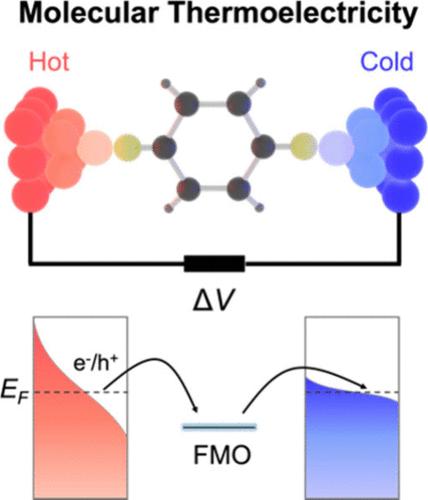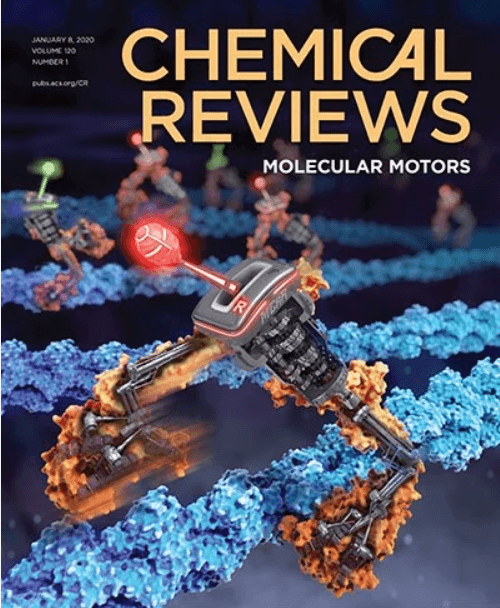Thermoelectricity in Molecular Tunnel Junctions
IF 51.4
1区 化学
Q1 CHEMISTRY, MULTIDISCIPLINARY
引用次数: 0
Abstract
The growing interest in thermoelectric energy conversion technologies has recently extended to the molecular scale, with molecular tunnel junctions emerging as promising platforms for energy harvesting from heat in a quantum-tunneling regime. This Review explores the advances in thermoelectricity within molecular junctions, highlighting the unique ability of these junctions to exploit charge tunneling and controlled molecular structure to enhance thermoelectric performance. Molecular thermoelectrics, which bridge nanoscale material design and thermoelectric applications, utilize tunneling mechanisms, such as coherent tunneling and hopping processes, including coherent and incoherent pathways, to facilitate energy conversion. Complementing these mechanisms is an array of high-precision fabrication techniques for molecular junctions, from single-molecule break junctions to large-area liquid metal-based systems, each tailored to optimize heat and charge transfer properties. With novel design strategies such as the incorporation of electron-dense ligands, customizable anchor groups, and advanced junction architectures, molecular tunnel junctions hold promise for addressing challenging targets in thermoelectricity. This Review focuses on theoretical models, experimental methodologies, and design principles aimed at understanding the thermoelectric function in molecular junctions and enhancing the performance.

分子隧道结中的热电
对热电能量转换技术日益增长的兴趣最近已经扩展到分子尺度,分子隧道结成为在量子隧道机制中从热量中收集能量的有前途的平台。本文综述了分子结内热电的研究进展,强调了这些结利用电荷隧道和控制分子结构来提高热电性能的独特能力。分子热电技术是纳米材料设计和热电应用的桥梁,它利用隧道机制,如相干隧道和跳跃过程,包括相干和非相干途径,来促进能量转换。补充这些机制的是一系列高精度分子结制造技术,从单分子断裂结到大面积液态金属系统,每一种都是为了优化热和电荷传递特性而量身定制的。采用新颖的设计策略,如电子密集配体的结合、可定制的锚基团和先进的结结构,分子隧道结有望解决热电学中具有挑战性的目标。本文从理论模型、实验方法和设计原理等方面进行综述,以期更好地理解分子结的热电功能,提高分子结的性能。
本文章由计算机程序翻译,如有差异,请以英文原文为准。
求助全文
约1分钟内获得全文
求助全文
来源期刊

Chemical Reviews
化学-化学综合
CiteScore
106.00
自引率
1.10%
发文量
278
审稿时长
4.3 months
期刊介绍:
Chemical Reviews is a highly regarded and highest-ranked journal covering the general topic of chemistry. Its mission is to provide comprehensive, authoritative, critical, and readable reviews of important recent research in organic, inorganic, physical, analytical, theoretical, and biological chemistry.
Since 1985, Chemical Reviews has also published periodic thematic issues that focus on a single theme or direction of emerging research.
 求助内容:
求助内容: 应助结果提醒方式:
应助结果提醒方式:


